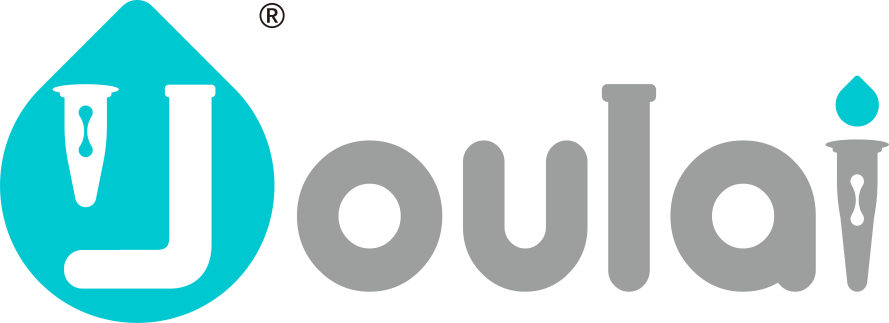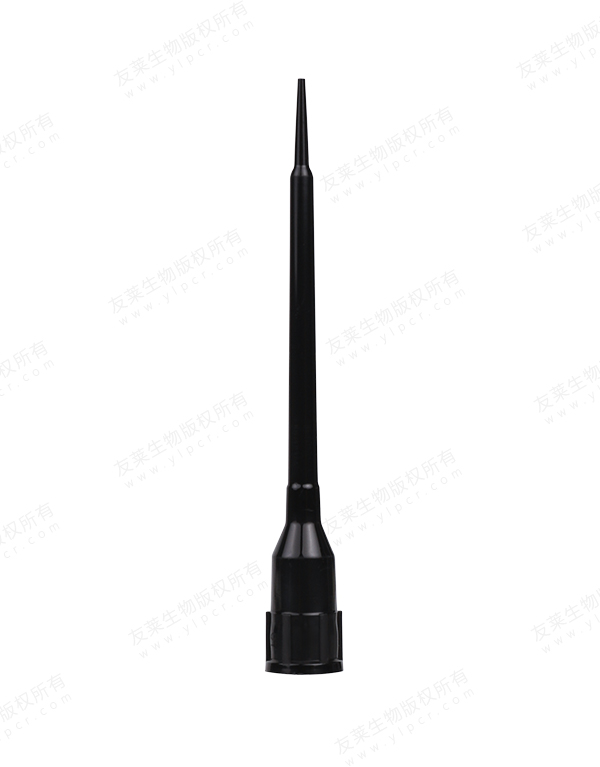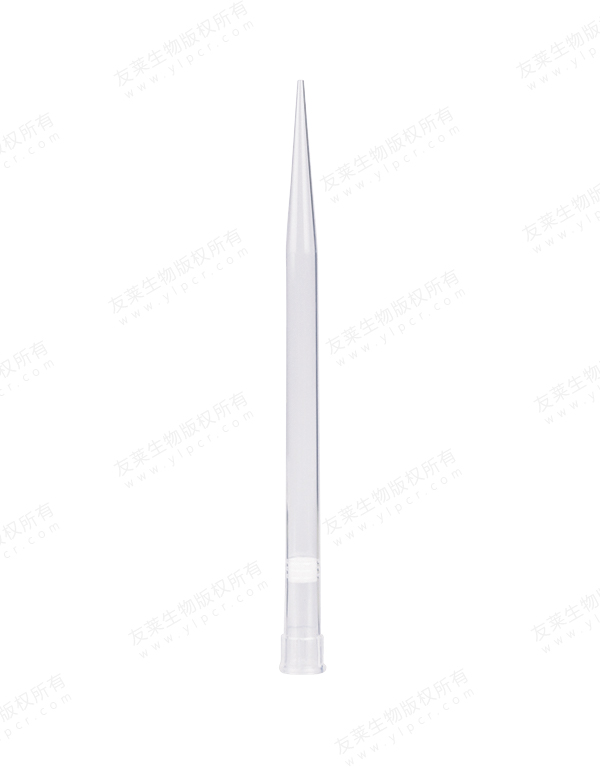Polymerase Chain Reaction (PCR) has revolutionized molecular biology, enabling scientists to amplify and analyze DNA sequences with remarkable precision and speed. However, even the most advanced PCR machines can encounter challenges related to sample evaporation, contamination, and consistency. PCR sealing film emerges as a crucial solution to these issues, ensuring optimal conditions for amplification reactions while simplifying workflows and enhancing reliability.
PCR sealing films are thin, transparent sheets designed to tightly seal PCR plates or tubes during thermal cycling. They are typically made from materials such as polyethylene, polypropylene, or polyester, which offer excellent resistance to heat, chemicals, and punctures. These films feature adhesive layers that securely bond to the surface of PCR plates, forming a barrier that prevents sample loss, evaporation, and contamination.
One of the primary benefits of PCR sealing film is its ability to create a hermetic seal, effectively trapping reaction components within the PCR vessel. This seal minimizes the risk of cross-contamination between samples and reduces the likelihood of experimental errors caused by evaporation-induced concentration changes. By maintaining consistent reaction volumes and concentrations, PCR sealing film contributes to the reproducibility and accuracy of experimental results.
Moreover, PCR sealing film simplifies PCR setup and handling, streamlining laboratory workflows and reducing the risk of sample mishandling. Unlike traditional methods such as paraffin oil overlays or adhesive foils, sealing films can be applied quickly and easily, saving valuable time during experimental preparation. Additionally, many sealing films are compatible with automated liquid handling systems, further improving efficiency and throughput in high-throughput PCR applications.
Another advantage of PCR sealing film is its compatibility with a wide range of PCR cycling conditions, including rapid or high-temperature protocols. The durable construction of sealing films allows them to withstand extreme temperatures without warping or melting, ensuring reliable performance across diverse experimental setups. Furthermore, some advanced sealing films feature optical clarity, allowing real-time monitoring of PCR reactions without the need for opening or disturbing the sealed plates.
In addition to standard PCR applications, sealing films are indispensable tools in demanding experimental scenarios such as multiplex PCR, quantitative PCR (qPCR), and digital PCR. These techniques often require precise control over reaction conditions and detection sensitivity, making the reliable sealing of PCR vessels crucial for obtaining accurate and reproducible results. PCR sealing films provide the assurance needed to achieve optimal performance in these advanced molecular biology applications.
As molecular biology research continues to advance, the demand for reliable, user-friendly PCR consumables like sealing films is expected to grow. Manufacturers are responding to this demand by developing innovative sealing film designs that offer improved performance, compatibility, and ease of use. By incorporating PCR sealing film into their workflows, scientists can enhance the efficiency, reliability, and reproducibility of their PCR experiments, accelerating discoveries and breakthroughs in fields such as genetics, diagnostics, and drug development.

 English
English русский
русский 中文简体
中文简体水印.jpg)


水印.jpg)

